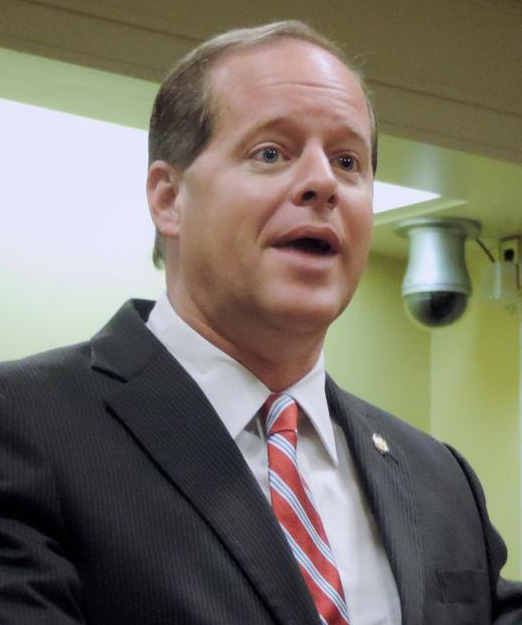Recently an issue over a closed door meeting of a City Council in a small Alabama town caught the attention of a reporter from the Montgomery Advertiser. An article he wrote was carried by the Associated Press (AP). Excerpts from those articles are included here and below.
The Mayor of that small town told an inquiring reporter: “She said if you don’t live here, you don’t have any business here,” he wrote. “She stood by it and she was pretty aggressive about it.”
That, my friends, is not a good way to start a conversation with a reporter from a large Alabama newspaper and is a guaranteed way to ruin your day.
This exchange happened after the following series of events:
- Almost 300 people crowded into the City Hall auditorium, shouting down supporters of an unpopular insurance change. The mayor was booed from the podium at one point.
- At least five, possibly six, council members headed to a back room behind a locked door to iron out a compromise resolution
- Under Alabama law, a quorum is half of a body’s members. The City Council has nine members, though one seat is currently vacant.
- Experts and advocates said the council’s meeting last week raised eyebrows, especially since they came from behind closed doors and passed a resolution with little discussion.
- City officials said there was never five members in the room at one time, but state law also forbids the cycling of members in and out of the room to avoid a quorum.

Recent revisions (2015) to Alabama’s Open Meetings Act, sponsored and pushed through by Bibb County’s Senator Cam Ward have raised the importance of public officials knowing and abiding by the Open Meetings law.
It should matter to YOU, as a public citizen, what your elected officials in Bibb County, including Town Councils, public Boards, etc., are discussing when they declare that they are going into Executive Session and whether they are legally discussing matters that should only be discussed in the public arena. You should know enough about the Open Meetings Act to file a complaint and become a “whistleblower” if a public body is not following the law. The business of the people is intended to be conducted in full view of the public with only a few narrow exceptions that allow closed or “Executive Sessions”. It is up to us as citizens to let our elected officials know that we care about the law and expect our officials to comply with it.
 Senator Ward, who led the charge in his chamber to strengthen the law in 2015, said he wants to revisit the act in the upcoming 2018 session. “I think we could look at increasing the penalties,” he said. “You have to make it more of a deterrent or they aren’t going abide by it.” When asked about several cases where bodies may have possibly violated the law accidentally, Ward was emphatic. “Ignorance of the law is no excuse. On that point, I don’t have a lot of sympathy.”
Senator Ward, who led the charge in his chamber to strengthen the law in 2015, said he wants to revisit the act in the upcoming 2018 session. “I think we could look at increasing the penalties,” he said. “You have to make it more of a deterrent or they aren’t going abide by it.” When asked about several cases where bodies may have possibly violated the law accidentally, Ward was emphatic. “Ignorance of the law is no excuse. On that point, I don’t have a lot of sympathy.”
Ward said he wants to tighten up those laws as well, which have become increasingly clouded with technological advances. Officials can avoid disclosing their emails, for example, by using a personal account, he said. That intentional skirting of the law is a perfect parallel to the changes he made in 2015 that stopped officials from holding “serial meetings” that skirted the quorum rule on purpose without breaking the law.
THE BIBB VOICE – OUR NEXT ARTICLE:
- What are the requirements for conducting a closed door meeting?
- How to comply with the Open Meetings Act.
- Penalties for violating the Open Meetings Act.
- What you can do as a citizen to report violations.

















